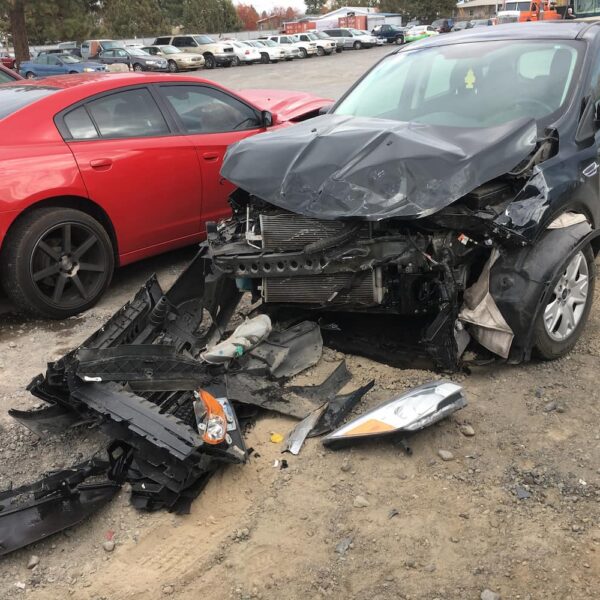What is a traumatic brain injury?
A traumatic brain injury (TBI) is a brain injury from a blow or jolt to the head or body from a motor vehicle accident or another force causing injury to the brain.
What is a closed head injury?
A traumatic brain injury can occur by a blow or jolt that does not fracture or penetrate the skull. This is called a closed head injury because the brain is injured even though the skull remains intact.
What is a concussion?
A concussion is a type of traumatic brain injury or closed head injury.
What causes TBI, closed head injuries or concussions?
Common causes of TBI or closed head injuries are motor vehicle collisions, assaults, sports injuries whiplash or other strong forces.
What symptoms are associated with traumatic brain injuries, closed head injuries or concussions?
Symptoms of traumatic brain injuries or closed head injuries can include a wide variety of physical, sensory, cognitive or mental symptoms depending on the severity of the injury.
Symptoms of mild traumatic brain injuries include:
Physical Symptoms
- Loss of consciousness
- Being dazed, confused or disoriented
- Headaches
- Nausea or vomiting
- Fatigue or drowsiness
- Difficulty sleeping
- Sleeping more than usual
- Dizziness or loss of balance
Sensory Symptoms
- Blurred vision
- Ringing in the ears
- Bad taste in the mouth
- Changes in your ability to smell
Cognitive or Mental Symptoms
- Memory or concentration problems
- Mood changes or mood swings
- Feeling depressed or anxious
Symptoms of moderate to severe traumatic brain injuries include the above as well as other more severe symptoms such as persistent headaches, repeated vomiting, dilation of the pupils and seizures.
Children with traumatic brain injuries or closed head injuries often will not tell you that they’re having symptoms of a traumatic brain injury so keep a lookout for:
- Changes in eating or nursing habits
- Crying uncontrollably
- Irritability
- Changes in attention span
- Changes in sleep habits
- Sad or depressed mood
- Less interest in toys or activities
How can you tell if you have sustained a TBI, closed head injury or concussion?
If you have been in a traumatic accident such as a car crash, pedestrian or bicycle accident, or had a sports injury, watch for the above symptoms.
Also make note of the last thing you remembered before the accident and the first thing you remembered after it. The G.R. Johnson Law firm has worked with medical expert neurologists, neurosurgeons and neuropsychologist, and they have advised that the longer the period of memory loss before and after a traumatic event, the more likely a traumatic brain injury has been sustained.
Medical providers will often order a brain or cranial magnetic resonance imaging (MRI) to help diagnose whether you have had a traumatic brain injury. However, people can still have traumatic brain injuries even though they have a negative or normal brain MRI.




